Life and Educational Philosophy of Lokmanya Tilak:
Life Sketch- Full name of Lokmanya Tilak was Bal Gangadhar Tilak. He was born in the year 1856 and dies in the year 1920. Besides the study of the Marathi language, he had also studied the Sanskrit language. He had made a thorough study of the Vedas, Vedantas, Puranas, Mahabharat and Gita. Besides being a prominent national leader, he was also a great writer of the Marathi language. He brought out two papers “Kesari” and “Maratha”.”Gita Rahasya” is his monumental work. “The Aryan”, “The Arctic Home of the Vedas” and “Vedic Chronology” are his significant contributions.
Elements of Thought- Tilak was the first national leader who declared “Swarajya is our birthright”. His main object was to make India Independent. His thoughts were the combination of “Western democratic views and India nationalism”. Tilak had on one occasion said:
“The divine instinct of freedom never aged. Freedom is the very life of the individual soul which Vedanta declares to be not separate from God but identical with him. The freedom was a principle that could never perish”.
Speeches and Writings of Tilak- Tilak was a staunch opponent of British Imperialism. He pleaded for Home Rule. He said-
“The idea of Swaraj is an old one, of course, when Swaraj is spoken of, implies that there is some kind of rule opposed, i.e. ours. Our demand is concerned with Swarajya- we want to change this state of affairs. We want some better Government. This is why we want Swarajya, that is the Home rule”.
Besides being a staunch nationalist, Tilak was a successful editor, effective writer and thinker. Shrimati Vijaya Laxmi Pandit has appreciated his variegated qualities in the following words-
“The whole of India thrilled to Lokmanya Tilak’s famous slogan ‘Swaraj is my birthright and I will have it’. So it was the flaming torch that led us out of the period of darkness and frustration into light and liberty and life. Bal Gangadhar Tilak lived in a dynamic era of India’s history and made his contribution in dynamic terms. He was in wards of Mahatama Gandhi ‘the maker of modern India’. Like the facets of a diamond, there were many sides to his brilliance. He was a scholar of deep learning and culture and neither politics nor prison prevented him from enriching Marathi literature by his well known Gita Rahasya and other works”.
Tilak and Education- And so, his constructive nature and versatile brilliance attracted his attention towards various social problems and Indian education. He openly blamed the English Government for not imparting proper education to Indian people. He realized that a little modification in the existing education system would not prove fruitful. He pleaded for an overall change and so he said that “Pray, Please, Protest”, would not bring any concrete result. He, therefore, raised the slogan for “Swadeshi”. This could only be fruitful.
Thus Tilak was dissatisfied with the educational policy of the English Government. He also advocated that only by education, Indians could be able to free their country from the bondage of slavery. Tilak has stressed National Education, like Gokhale, he also recommended compulsory primary education. Tilak was a realistic politician and wanted that education should serve as a medium for bringing about the harmonious development of individuals and society.
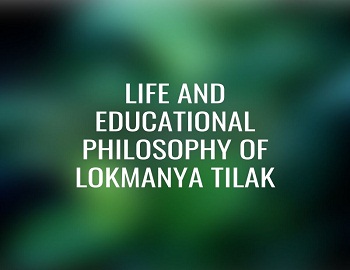
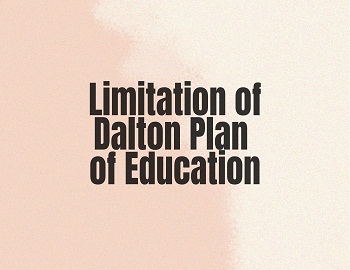

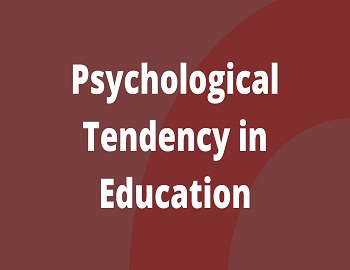

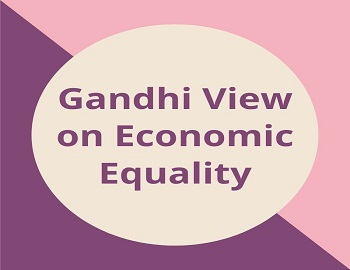
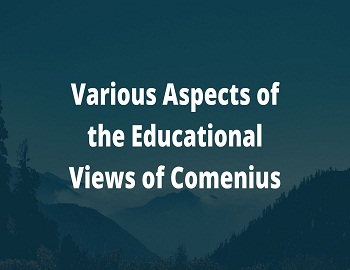
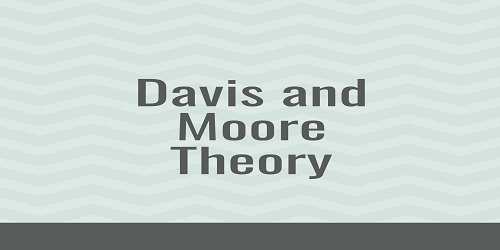
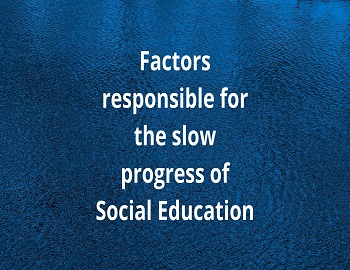
Comments (No)